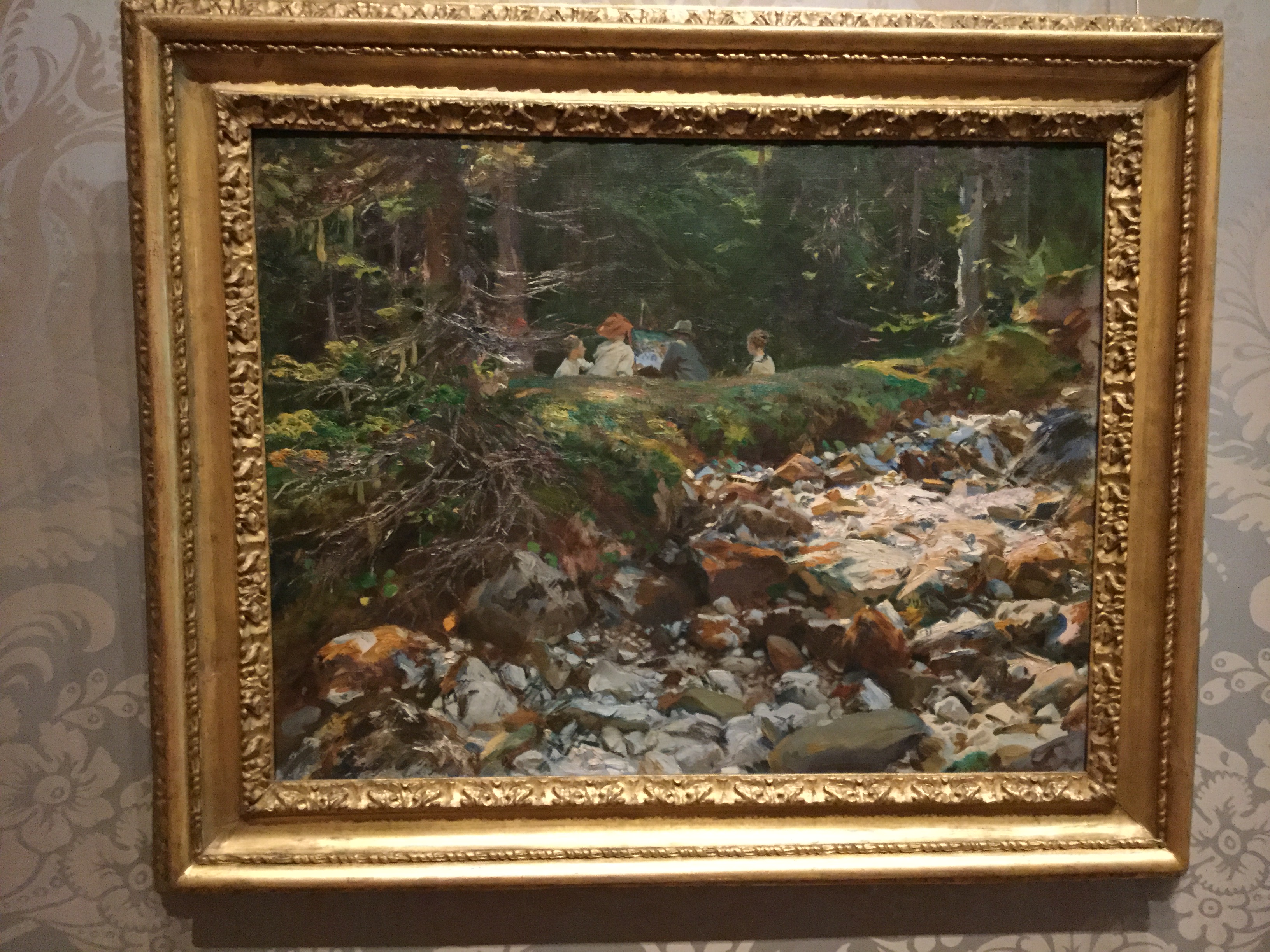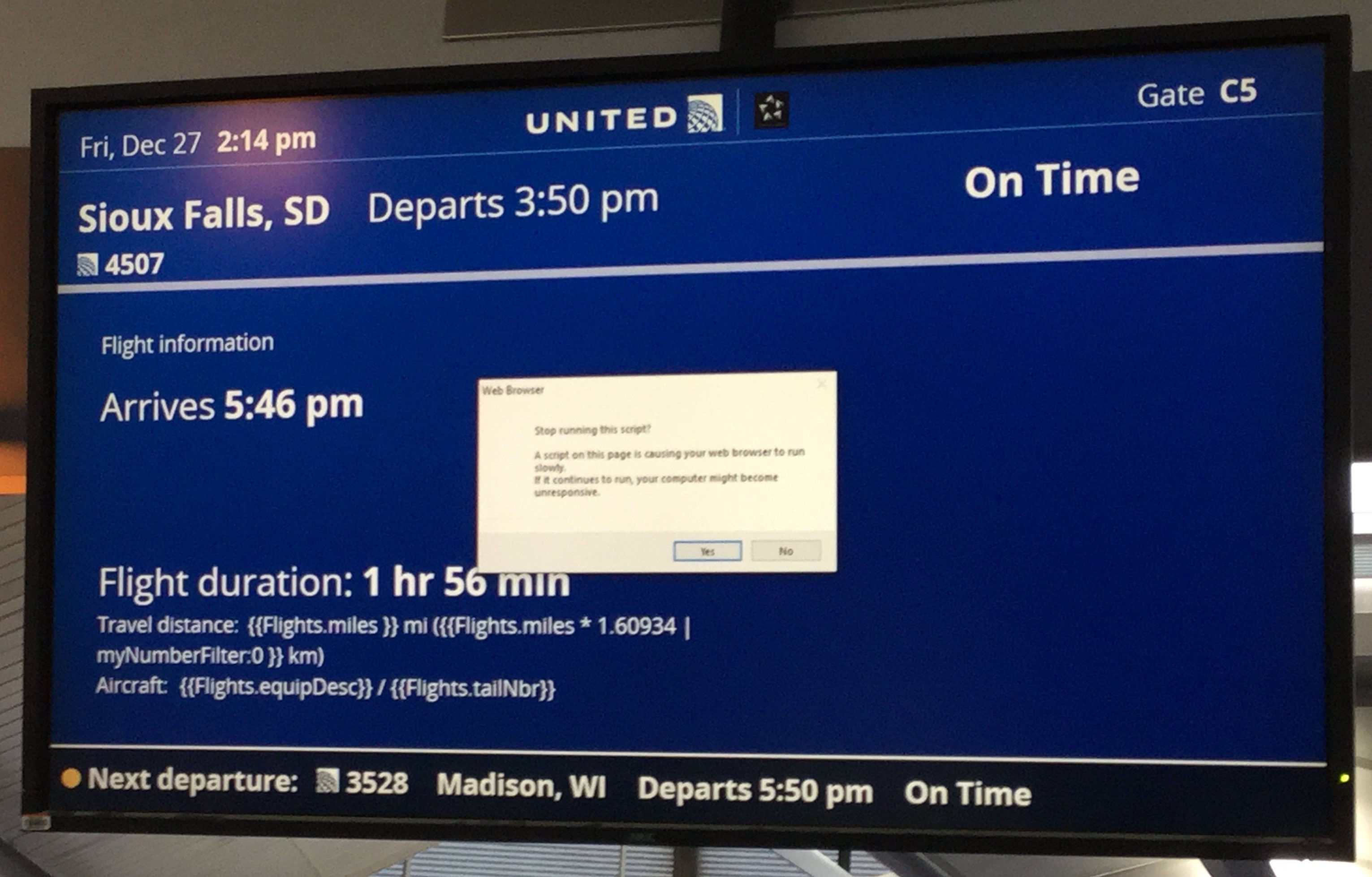January 26, 2020 10:23 AM
The Narrative Impulse
Maybe people don't tell stories only to make sense of the world, but rather sometimes to deceive themselves?
It was an interesting idea, I said, that the narrative impulse might spring from the desire to avoid guilt, rather than from the need -- as was generally assumed -- to connect things together in a meaningful way; that it was a strategy calculated, in other words, to disburden ourselves of responsibility.
This is from Kudos, by Rachel Cusk. Kudos is the third book in an unconventional trilogy, following Outline and Transit. I blogged on a passage from Transit last semester, about making something that is part of who you are.
I have wanted to recommend Cusk and these books, but I do not feel up to the task of describing how or why I think so highly of them. They are unorthodox narratives about narrative. To me, Cusk is a mesmerizing story-teller who intertwines stories about people and their lives with the fabric of story-telling itself. She seems to value the stories we tell about ourselves, and yet see through them, to some overarching truth.
As for my own narrative impulse, I think of myself as writing posts for this blog in order to make connections among the many things I learn -- or at least that is I tell myself. Cusk has me taking seriously the idea that some of the stories I tell may come from somewhere else.
January 22, 2020 3:54 PM
The Roots of TDD -- from 1957
In 1957, Dan McCracken published Digital Computer Programming, perhaps the first book on the new art of programming. His book shows that the roots of extreme programming run deep. In this passage, McCracken encourages both the writing of tests before the writing of code and the involvement of the customer in the software development process:
The first attack on the checkout problem may be made before coding is begun. In order to fully ascertain the accuracy of the answers, it is necessary to have a hand-calculated check case with which to compare the answers which will later be calculated by the machine. This means that stored program machines are never used for a true one-shot problem. There must always be an element of iteration to make it pay. The hand calculations can be done at any point during programming. Frequently, however, computers are operated by computing experts to prepare the problems as a service for engineers or scientists. In these cases it is highly desirable that the "customer" prepare the check case, largely because logical errors and misunderstandings between the programmer and customer may be pointed out by such procedure. If the customer is to prepare the test solution is best for him to start well in advance of actual checkout, since for any sizable problem it will take several days or weeks to calculate the test.
I don't have a copy of this book, but I've read a couple of other early books by McCracken, including one of his Fortran books for engineers and scientists. He was a good writer and teacher.
I had the great fortune to meet Dan at an NSF workshop in Clemson, South Carolina, back in the mid-1990s. We spent many hours in the evening talking shop and watching basketball on TV. (Dan was cheering his New York Knicks on in the NBA finals, and he was happy to learn that I had been a Knicks and Walt Frazier fan in the 1970s.) He was a pioneer of programming and programming education who was willing to share his experience with a young CS prof who was trying to figure out how to teach. We kept in touch by email thereafter. It was honor to call him a friend.
You can find the above quotation in A History of Test-Driven Development (TDD), as Told in Quotes, by Rob Myers. That post includes several good quotes that Myers had to cut from his upcoming book on TDD. "Of course. How else could you program?"
Posted by Eugene Wallingford | Permalink | Categories: Computing, Software Development, Teaching and Learning
January 10, 2020 2:25 PM
Questions
I recently read an interview with documentary filmmaker Errol Morris, who has unorthodox opinions about documentaries and how to make them. In particular, he prefers to build his films out of extended interviews with a single subject. These interviews give him all the source material he needs, because they aren't about questions and answers. They are about stories:
First of all, I think all questions are more or less rhetorical questions. No one wants their questions answered. They just want to state their question. And, in answering the question, the person never wants to answer the question. They just want to talk.
Morris isn't asking questions; he is stating them. His subjects are not answering questions; they are simply talking.
(Think about this the next time your listening to an interview with a politician or candidate for office...)
At first, I was attracted to the sentiment in this paragraph. Then I became disillusioned with what I took to be its cynicism. Now, though, after a week or so, I am again enamored with its insight. How many of the questions I ask of software clients and professional colleagues are really statements of a position? How many of their answers are disconnected from the essential element of my questions? Even when these responses are disconnected, they communicate a lot to me, if only I listen. My clients and colleagues are often telling me exactly what they want me to know. This dynamic is present surprisingly often when I work with students at the university, too. I need to listen carefully when students don't seem to be answering my question. Sometimes it's because they have misinterpreted the question, and I need to ask differently. Sometimes it's because they are telling me what they want me to know, irrespective of the question.
And when my questions aren't really questions, but statements or some other speech act... well, I know I have some work to do.
In case you find Morris's view on interviews cynical and would prefer to ponder the new year with greater hope, I'll leave you with a more ambiguous quote about questions:
There are years that ask questions, and years that answer.
That's from Their Eyes Were Watching God, by Zora Neale Hurston. In hindsight, it may be true or false for any given year. As a way to frame the coming months, though, it may be useful.
I hope that 2020 brings you the answers you seek, or the questions.
January 06, 2020 3:13 PM
A Writing Game
I recently started reading posts in the archives of Jason Zweig's blog. He writes about finance for a living but blogs more widely, including quite a bit about writing itself. An article called On Writing Better: Sharpening Your Tools challenges writers to look at each word they write as "an alien object":
As the great Viennese journalist Karl Kraus wrote, "The closer one looks at a word, the farther away it moves." Your goal should be to treat every word you write as an alien object: You should be able to look at it and say, What is that doing here? Why did I use that word instead of a better one? What am I trying to say here? How can I get to where I'm going if I use such stale and lifeless words?
My mind immediately turned this into a writing game, an exercise that puts the idea into practice. Take any piece of writing.
- Choose a random word in the document.
- Change the word -- or delete it! -- in a way that improves the text.
- Go to 1.
Play the game for a fixed number of rounds or for a fixed period of time. A devilish alternative is to play until you get so frustrated with your writing that you can't continue. You could then judge your maturity as a writer by how long you can play in good spirits.
We could even automate the mechanics of the game by writing a program that chooses a random word in a document for us. Every time we save the document after a change, it jumps to a new word.
As with most first ideas, this one can probablyb be improved. Perhaps we should bias word selection toward words whose replacement or deletion are most likely to improve our writing. Changing "the" or "to" doesn't offer the same payoff as changing a lazy verb or deleting an abstract adverb. Or does it? I have a lot of room to improve as a writer; maybe fixing some "the"s and "to"s is exactly what I need to do. The Three Bears pattern suggests that we might learn something by tackling the extreme form of the challenge and seeing where it leads us.
Changing or deleting a single word can improve a piece of text, but there is bigger payoff available, if we consider the selected word in context. The best way to eliminate many vague nouns is to turn them back into verbs, where they act with vigor. To do that, we will have to change the structure of the sentence, and maybe the surrounding sentences. That forces us to think even more deeply about the text than changing a lone word. It also creates more words for us to fix in following rounds!
I like programming challenges of this sort. A writing challenge that constrains me in arbitrary ways might be just what I need to take time more often to improved my work. It might help me identify and break some bad habits along the way. Maybe I'll give this a try and report back. If you try it, please let me know the results!
And no, I did not play the game with this post. It can surely be improved.
Postscript. After drafting this post, I came across another article by Zweig that proposes just such a challenge for the narrower case of abstract adverbs:
The only way to see if a word is indispensable is to eliminate it and see whether you miss it. Try this exercise yourself:
- Take any sentence containing "actually" or "literally" or any other abstract adverb, written by anyone ever.
- Delete that adverb.
- See if the sentence loses one iota of force or meaning.
- I'd be amazed if it does (if so, please let me know).
We can specialize the writing game to focus on adverbs, another part of speech, or almost any writing weakness. The possibilities...
January 02, 2020 4:37 PM
The Test
Over the holiday, I realized something about myself.
A simple test exists for determining when I have reached the enlightenment of the Buddha: I will be able to fly without tension or complaint over delayed flights, airline tickets and policies, and the TSA.
The good news: I survived another trip. Special thanks to Felipe at United Airlines customer service for doing his best to help with a delayed flight on Christmas Eve, to Nic R. at the Cedar Rapids Airport for solving our problem, and to Joy, the flight attendant on the first leg of our journey, for a soothing excursion.
I did more than survive, though. Once in Boston, my wife and I had a wonderful time visiting our daughters for the week between Christmas Eve and New Year's Eve! I wrote once about my older daughter leaving for college. Both are graduated now, making their way out in the world as adults. This was our first holiday away from our home -- what used to be their home -- and in their new homes. I enjoyed spending time with them on their turf and on their terms. We talked about their futures, but also routine life: recipes, movies, and life in the city. On the last day, my older daughter and I made candles. It was an unexpected joy.
For us, a trip to Boston includes visits to a museum whenever possible. This trip included three: the Harvard art museums, the Isabella Stewart Gardner, and the MFA. My daughters showed me paintings they have discovered on their own visits, and I shared with them ones that I like. I usually discover a work or two on each visit that grab my eye for the first time, or again in a new way. On my first visit to the Harvard museum, one painting really grabbed me: "Leander's Tower on the Bosporus", by Sanford Robinson Gifford.

I've been to the MFA a few times and have a few favorites. It has a large collection of work by John Singer Sargent, a Bostonian who had a long relationship with the museum. This time, his paiting "The Master and His Pupils" drew me in as it had not before:

Our evenings often brought movies. We saw a new studio release, Star Wars: The Rise of Skywalker, in the theater; a made-for-BBC movie about Agatha Christie; and a movie that has flown under my radar for twenty years, GalaxyQuest. I enjoyed all three! The Star Wars film has its flaws, but it was a fun and appropriate end to a series that has spanned most of my life. We were lucky to stumble upon the Christie film while scrolling Netflix; it felt a lot like her mystery novels. I was surprised by how much I enjoyed GalaxyQuest. So much fun! How had I not seen it before?
The trip ended as it began, with an unexpected delay that stretched an already long travel day. Our time on the ground in Chicago at least offered the consolation of a computer malfunction that echoed our delay, designed for a programmer: Javascript for the travel-weary.

Again, though, there was good news: lots of time to walk with my wife, which was a good way to spend the day, and a good way to end our trip.
Now, back to working on my enlightenment...